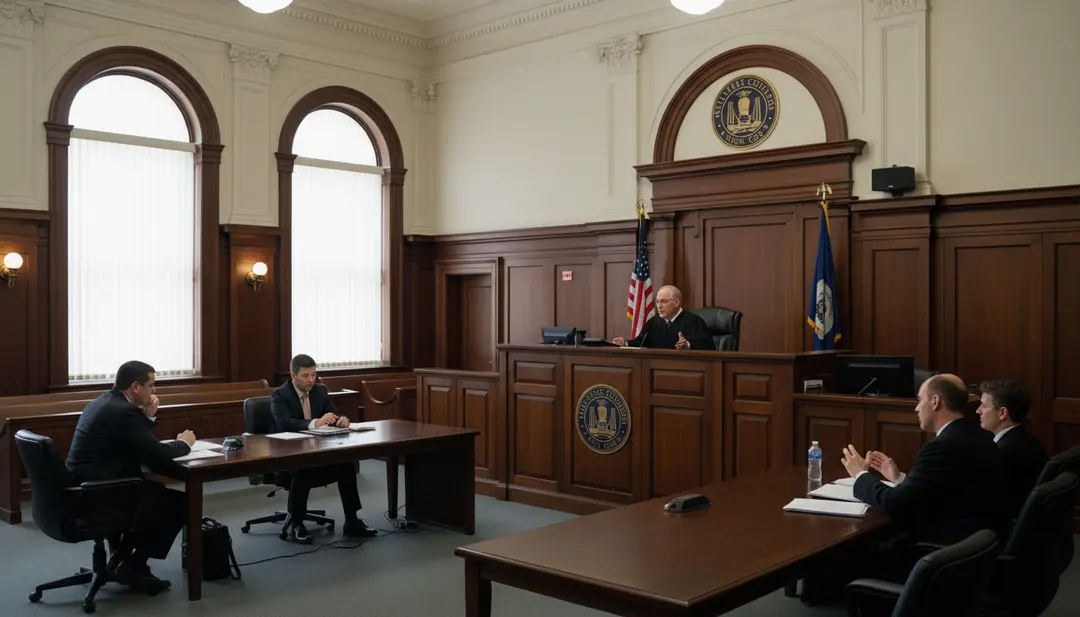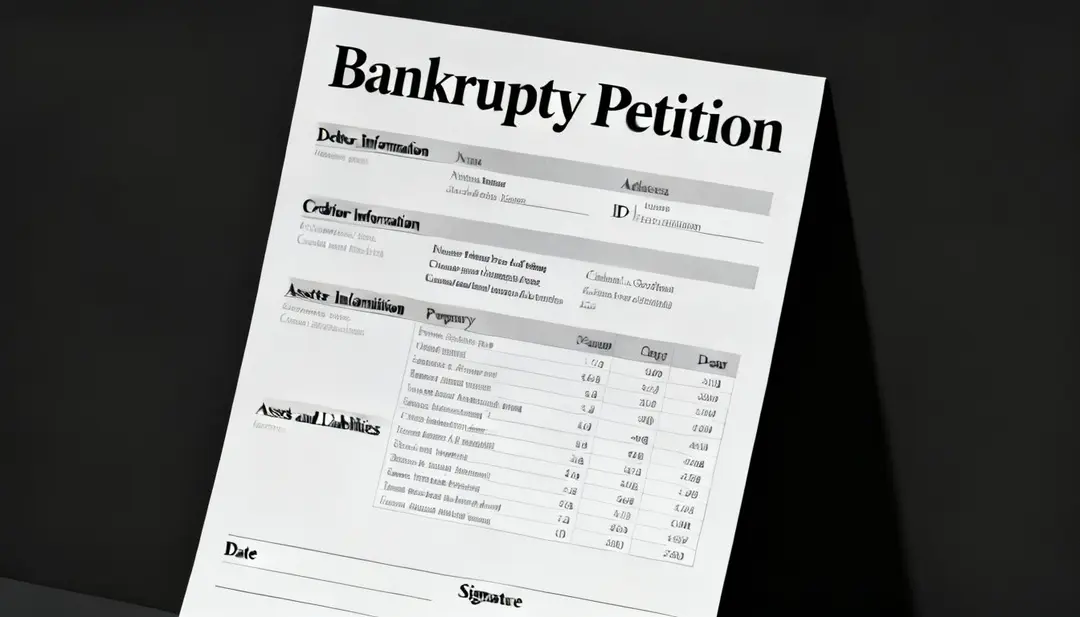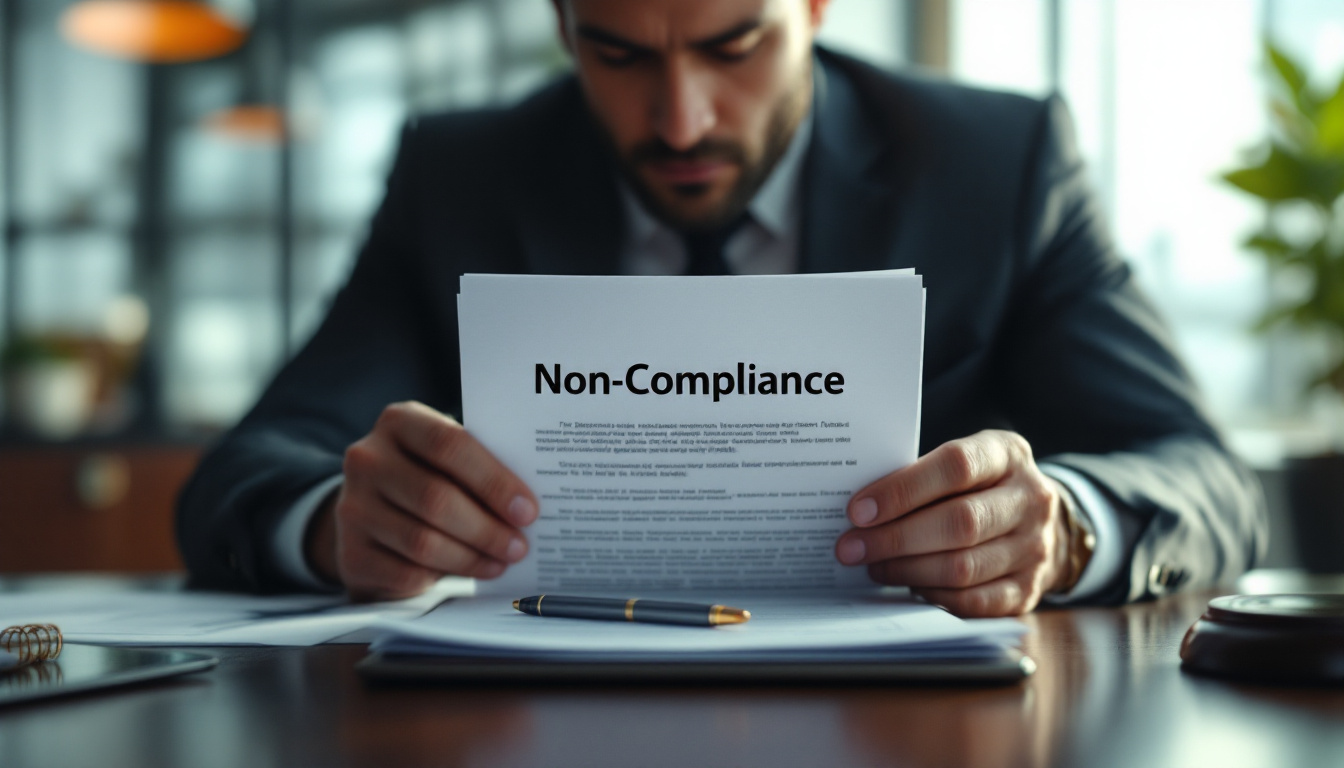The Benefits of Regular HOA Audits for Arizona Communities
Trust is the cornerstone of any successful community association, serving as the foundation for cooperation, harmony, and mutual respect among its members. In Arizona, homeowners' associations (HOAs) play a pivotal role in fostering a sense of belonging and security among residents, ensuring that neighborhoods are well-maintained and governed effectively.
However, trust within these communities can quickly erode without transparency, consistency, and accountability in management practices. When residents begin to question how funds are being used or whether leadership is acting in their best interest, it can lead to dissatisfaction and conflict within the community.
This is where audits become an essential tool for maintaining and enhancing trust. Regular HOA audits are more than just financial reviews, they are a way to promote transparency and accountability while also reinforcing the community’s confidence in its leadership. Audits help ensure that funds are being managed ethically and efficiently, providing peace of mind to homeowners. They can also uncover potential errors or discrepancies, allowing the HOA to address small issues before they become larger problems.
This article delves into the numerous benefits of regular HOA audits, focusing specifically on Arizona communities. From improving financial management and increasing accountability to strengthening community relations and ensuring compliance with state regulations, audits play a central role in keeping HOAs operating smoothly. By shedding light on these benefits, we aim to show how proactive auditing can help Arizona HOAs build stronger, more trusting communities for all residents.

Understanding HOA Audits
Definition of HOA Audits
An HOA audit is a systematic and detailed examination of an association's financial records, operational practices, and overall management. The primary goal is to assess the accuracy of financial statements, ensure compliance with local laws and governing documents, and evaluate whether the association is following best practices.
This process helps identify any discrepancies, potential risks, or inefficiencies, providing valuable insights into areas that may need improvement. By conducting regular audits, HOAs can maintain transparency, build trust with homeowners, and ensure the long-term financial health of the association.
Types of Audits Commonly Performed
There are several types of audits that HOAs may undertake:
- Financial Audits: These focus on the accuracy and reliability of financial statements and reporting practices. Financial audits ensure that all income, expenses, and reserves are properly recorded and accounted for, providing transparency to members and identifying any potential discrepancies.
- Compliance Audits: These ensure the HOA adheres to state laws, local regulations, and its own governing documents, such as bylaws and CC&Rs (Covenants, Conditions, and Restrictions). A compliance audit helps the HOA avoid legal issues and ensures it operates within its established guidelines.
- Operational Audits: These assess the effectiveness and efficiency of the HOA’s day-to-day operations and management practices. Operational audits examine areas such as vendor performance, maintenance schedules, and overall management processes to identify areas for improvement and ensure the HOA is delivering value to its members.
Importance of Transparency in HOA Operations
Transparency is essential in fostering trust and building strong relationships among community members. When residents feel informed and included, they are more likely to trust the decisions made by their association.
Regular audits play a crucial role in promoting transparency by offering residents clear, unbiased insights into the association's financial health, budget allocation, and overall operational efficiency. These audits ensure that funds are being managed responsibly and that community resources are being used effectively, creating a foundation of accountability and mutual understanding within the community.

The Benefits of Regular HOA Audits for Arizona Communities
Improved Financial Management
Regular audits play a critical role in improving financial management within a Homeowners Association (HOA) by providing transparency and accountability. Here’s how:
- Accurate Financial Reporting: Audits ensure that the HOA's financial statements are accurate, reliable, and reflect the true financial state of the association. This level of accuracy builds trust among homeowners, board members, and stakeholders, ensuring everyone has a clear understanding of the association’s finances.
- Prevention of Financial Mismanagement: By conducting regular reviews, audits help identify any irregularities or potential mismanagement early on, allowing corrective actions to be taken before issues escalate. This proactive approach can prevent serious financial problems, fraud, or misuse of funds, safeguarding the association’s resources.
- Enhanced Budgeting Practices: Audits provide valuable insights into the association’s historical financial data, helping the board to identify trends, allocate resources more effectively, and create more accurate and realistic budgets. This leads to improved planning and ensures that funds are used efficiently to meet the needs of the community.
Incorporating regular audits into the financial management process not only promotes accountability but also strengthens confidence in how the HOA operates, ultimately benefiting the entire community.

Increased Accountability
Accountability is another critical benefit of regular audits, as it ensures transparency and proper governance within an organization or association. Here are some of the key ways audits promote accountability:
- Holding Board Members Accountable: Audits can uncover inconsistencies or discrepancies in financial management, ensuring that board members are fulfilling their fiduciary duties responsibly. This oversight helps prevent mismanagement and reinforces the importance of ethical decision-making.
- Fostering Trust Among Community Members: When residents or stakeholders see that their association is undergoing regular audits, it creates a sense of transparency and reliability. This builds trust in the board’s governance and reassures the community that resources are being managed responsibly.
- Establishing Clear Procedures for Oversight: Regular audits serve as a framework for creating and maintaining clear oversight processes. These procedures not only enhance accountability but also set standards for future boards, ensuring consistent governance practices and reducing the risk of errors or mismanagement.
By maintaining a culture of accountability through audits, organizations can strengthen trust, improve operations, and ensure long-term success.
Strengthened Community Relations
Audits can also significantly improve community relations by fostering trust, transparency, and engagement:
- Open Communication with Residents: Sharing the results of an audit creates opportunities for open dialogue between the HOA board and the community. It allows residents to better understand the financial health and management of the association, helping to address questions or concerns proactively. This two-way communication builds confidence and mutual respect.
- Building a Culture of Trust and Transparency: Conducting regular audits demonstrates the board’s commitment to accountability and transparency. This consistent practice reassures residents that their HOA is operating responsibly, managing funds efficiently, and prioritizing the community’s best interests. Over time, this fosters a sense of security and trust within the neighborhood.
- Encouraging Resident Participation in HOA Activities: When residents feel confident in the board's leadership and understand how their contributions are managed, they are more likely to participate in HOA activities. Whether it’s attending meetings, volunteering for committees, or joining community events, building trust through audits can lead to a more engaged and active community.

Legal and Regulatory Compliance
Understanding Arizona Laws Regarding HOA Audits
Arizona law requires HOAs to maintain certain standards of financial accountability, including regular audits. Understanding these laws is crucial for compliance.
Consequences of Non-Compliance
Failing to conduct regular audits can lead to serious consequences, such as:
- Potential Legal Issues: Non-compliance can result in legal disputes with homeowners or regulatory bodies.
- Financial Penalties: HOAs may face fines for failing to adhere to state laws.
Ensuring Adherence to Regulations Through Regular Audits
Regular audits help ensure that an HOA remains compliant with Arizona regulations, reducing the risk of legal issues and financial penalties.
Best Practices for Implementing HOA Audits
Determining the Right Frequency for Audits
HOAs should consider the right frequency for audits based on their size and complexity:
- Annual Audits vs. Bi-annual Audits: Larger associations may benefit from annual audits, while smaller ones may find bi-annual audits sufficient.
- Factors to Consider for Arizona Communities: Consider factors like community size, budget, and past financial performance.
Selecting Qualified Auditors
Choosing the right auditors is essential for effective audits:
- Importance of Expertise and Experience: Look for auditors with experience in HOA audits and knowledge of Arizona regulations.
- Questions to Ask Potential Auditors: Inquire about their previous work with HOAs, their approach to audits, and their fees.
Communicating Audit Results to the Community
Effective communication of audit results is vital for maintaining trust:
- Strategies for Effective Communication: Use newsletters, community meetings, and online platforms to share findings.
- Addressing Community Concerns and Feedback: Provide a platform for residents to ask questions and express concerns regarding audit results.

Case Studies: Successful HOA Audits in Arizona
Highlighting Successful Audits in Various Communities
Several Arizona communities have successfully implemented regular audits, leading to positive outcomes.
Lessons Learned and Best Practices
Key takeaways from these case studies include the importance of selecting qualified auditors and the value of open communication with residents.
Impact on Community Trust and Engagement
Communities that prioritize regular audits report higher levels of trust among residents and increased participation in HOA activities.
Conclusion
In conclusion, enhancing trust through audits is critical for the success and longevity of HOAs in Arizona. Regular audits serve as a cornerstone for improved financial management and accountability, ensuring that the association’s funds are being handled responsibly and ethically.
Beyond financial benefits, audits play a key role in strengthening community relations by fostering transparency and addressing any potential concerns residents may have about the HOA’s operations. They also ensure compliance with state and federal legal standards, protecting the association from costly penalties or disputes.
HOA boards are strongly encouraged to prioritize regular audits and adopt best practices that promote a culture of trust, transparency, and open communication within their communities. Transparent financial practices help build credibility, while proactive management reassures residents that their contributions are being used effectively and for the benefit of the entire community. Regular audits can also uncover inefficiencies, enabling HOAs to refine their processes and allocate resources more effectively.
If you are part of an HOA in Arizona, take the initiative to advocate for regular audits. Doing so will enhance trust, improve accountability, and ultimately lead to a more engaged, thriving community where every resident feels valued and confident in the leadership of their HOA. By making audits a priority, you can help create a foundation for lasting success and harmony within your neighborhood.














![Does an Arizona HOA Need to Update AZCC Records After Changing Management Companies? [2025 Guide]](https://cdn.prod.website-files.com/66b97099f8f1d06c15fb6dbe/68bf09165df481aa44c0f29d_corporate-change-management-leadership-transition.jpg)
